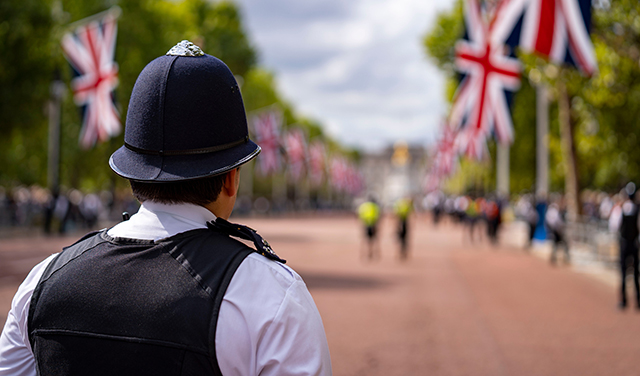News
-
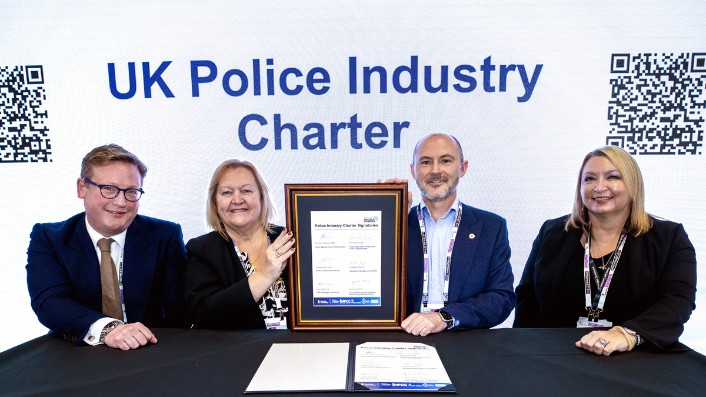
Police and partners sign historic charter
Police leaders have reaffirmed their commitment to modernising the service and improving outcomes for victims.
-
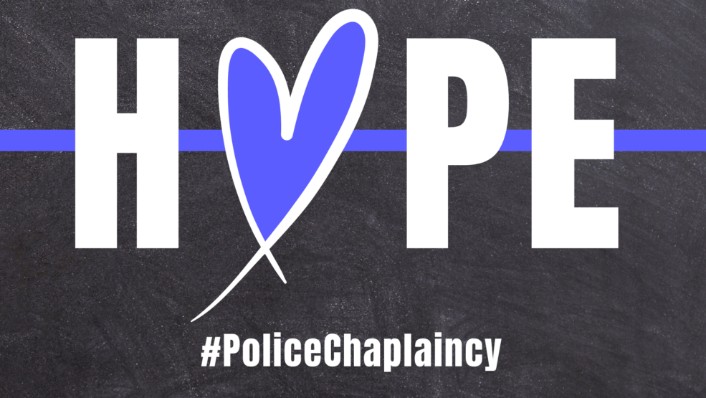
New National Police Chaplain
A recent commissioning service saw Revd. Matthew Hopley installed as the new National Police Chaplain for UK Policing.
-
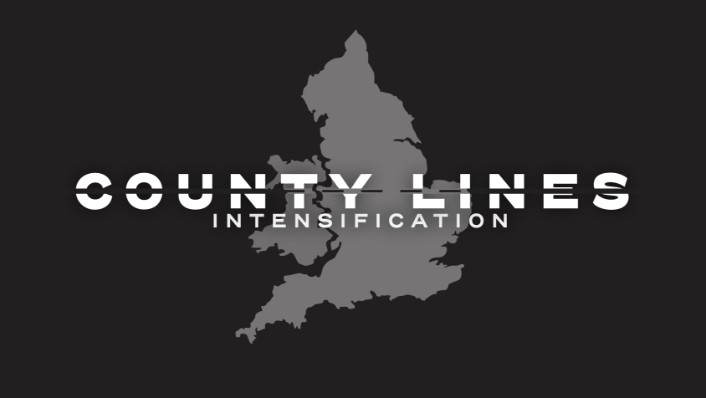
Police dismantle hundreds of county line networks
Over 1,800 arrested with 245 drug lines shutdown during crackdown and 1,600 people safeguarded.
-

Anti-corruption & abuse reporting service launched
Public can anonymously or confidentially report corruption and criminality within policing via the new service.
-

Counter-terror approach to tackling VAWG adopted
A revised national framework outlines how police forces will work to tackle violence against women and girls.
-
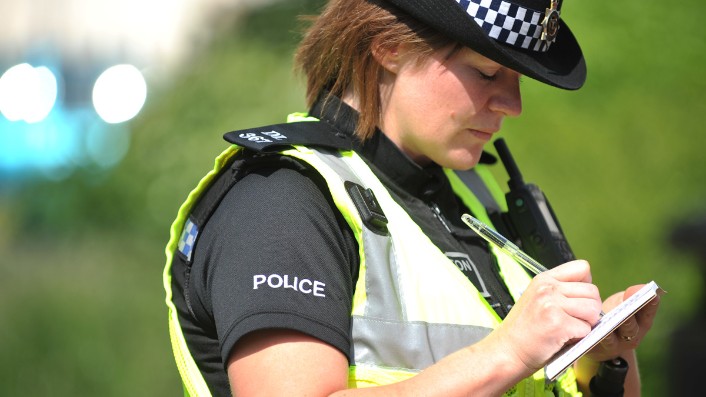
Scale of homicide and suicides by domestic abuse victims revealed
New report shows scale of domestic homicides and for the first time recorded an increase in suspected suicides by domestic abuse victims.
-
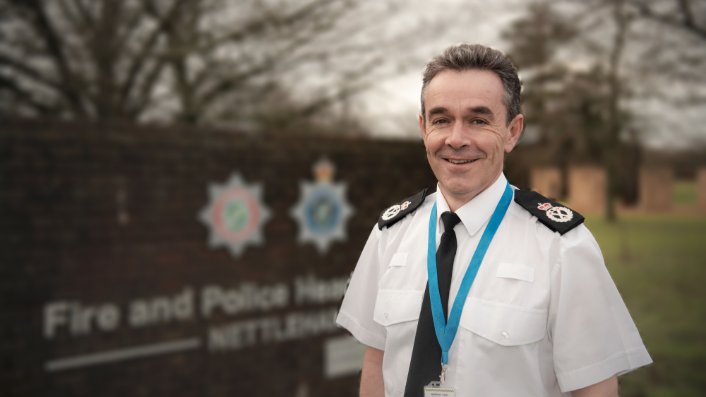
NPCC welcomes new lead for Serious and Organised Crime
Chief Constable Chris Haward took up the post this week.
-
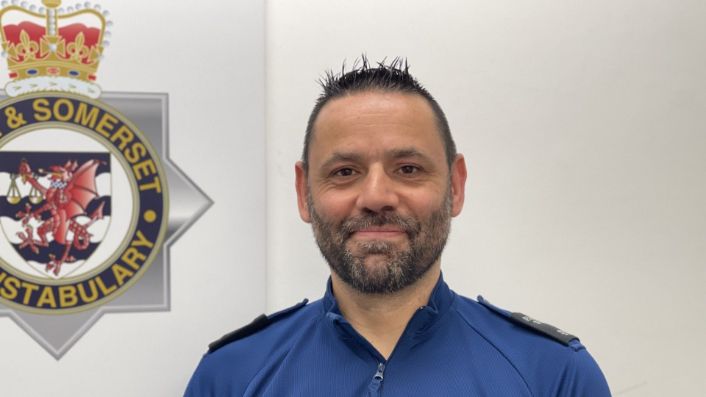
Praise for detention officer who created custody library
Detention Officer, Alex Klaar, from Avon and Somerset was determined to give something back.
-
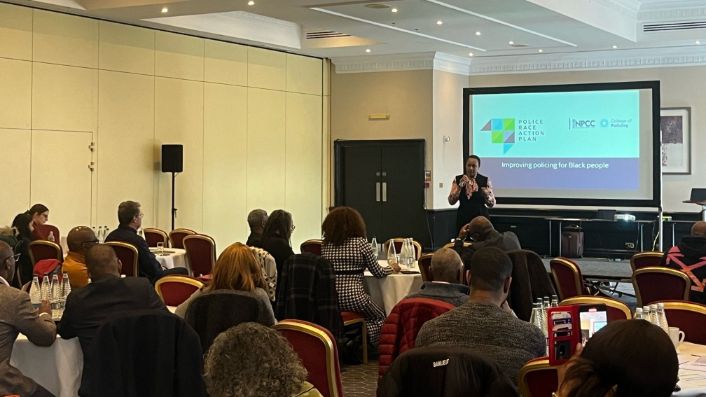
New expert group launches to support Police Race Action Plan
Experts and specialists joined new independent panel offering advice and guidance to combat racism and discrimination in policing.
-
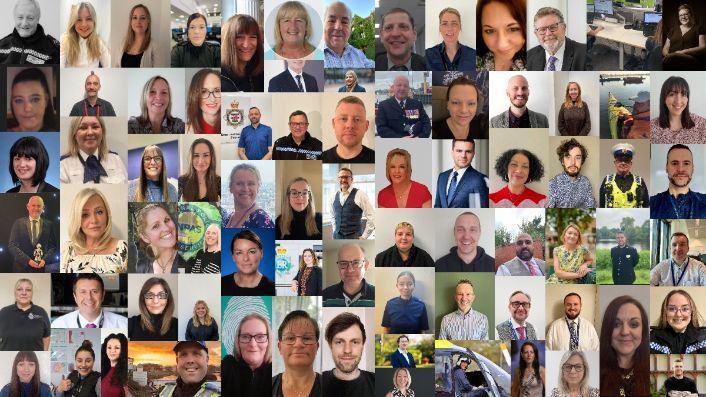
Police family come together to celebrate police staff
We’re celebrating some of the unsung heroes of policing.
-
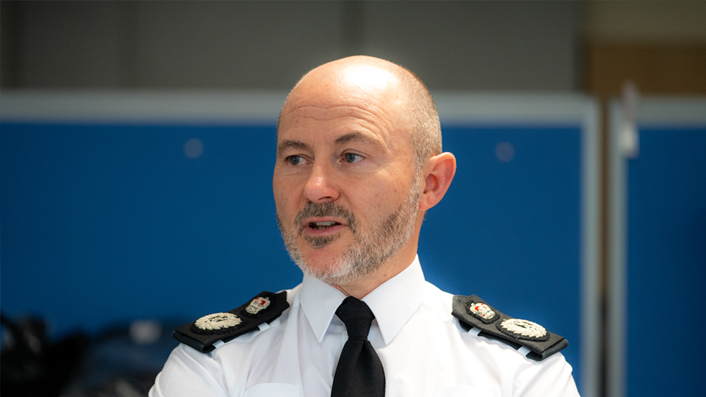
NPCC response to the Angiolini Inquiry Part 1 Report
Chief Constable Gavin Stephens responds to part 1 of the report published today
-

Long-term strategy needed to recoup workforce pay losses
NPCC submitted evidence to the Police Remuneration Review Body (PRRB) and the Senior Salaries Review Body (SSRB).

